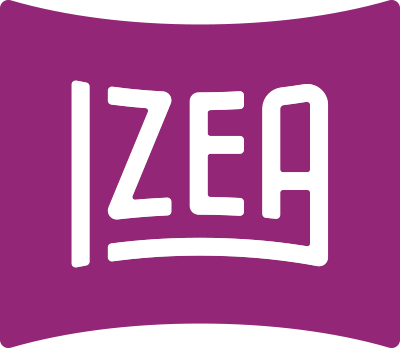 Bloggers who consider themselves the “citizen journalists of the internet” are still stinging from the slapdown issued last month by an Oregon judge who ruled that “bloggers are not journalists.”
Bloggers who consider themselves the “citizen journalists of the internet” are still stinging from the slapdown issued last month by an Oregon judge who ruled that “bloggers are not journalists.”
Crystal Cox, who labeled herself “an investigative blogger,” lost a $2.5 million defamation lawsuit filed by an Oregon lawyer she described online as “a thug, thief, and a liar.” In her blog, she cited anonymous sources and claimed in court that the Oregon shield law protected her from having to reveal their identities.
Even if she had been shielded by the Oregon law, she would have faced civil penalties for making statements judged to be defamatory.
The ruling has stirred the embers of a nagging debate over whether a federal shield law is needed and who should be included. The District of Columbia and 39 states have a patchwork of varying shield laws in place, but most, like Oregon’s, don’t apply to bloggers. A 2009 move to adopt a federal shield law collapsed because the House and Senate failed to reach a consensus on the question of who deserves protection.
Al Tompkins, who teaches online and broadcast journalism at the non-profit St. Petersburg, Fla.-based Poynter Institute, says he “has never been a fan” of shield laws because “they force us to make decisions about who is going to be shielded and why, and how to regulate those people who are going to be given special protection.” Tompkins also is a Peabody and Emmy award-winner and a final juror for the duPont-Columbia Journalism Awards.
“Over time, some of the most important stories of the last 60 or 60 years have been enriched by people who are not credentialed journalists,” he says, citing the Zapruder home movie documenting the JFK assassination, earthquake coverage in Haiti, and post-tsunami accounts from Japan.
However, without a system for licensing journalists, Tompkins asks, “how are we to differentiate who is deserving of protection?”
He also believes that journalists and web content writers give confidential status to sources too easily, explaining that “at Poynter, we strongly advise that confidentiality is used sparingly and only as a last resort” with the following caveats:
- The source must have firsthand knowledge that the information is true
- The journalist must explain why the source cannot be identified
- The journalist must be able to prove the story is true, independent of the source
- The journalist should not use confidential sources to level personal attacks at another person
All these factors applied in the Oregon case, says Tompkins. “The reason we don’t like to use confidential sources is that it deprives the public from knowing how we know what we know.”
In recent years, he has seen reporters brought into court and before grand juries “far too often, when prosecutors take the easy way out because of lack of time or ambition, attempting to force journalists to turn over sources with information the prosecutors could discover on their own.”
“It’s not without cost,” he adds. “These subpoenas have to go to your company attorney, who charges you by the hour.”
His greater concern is that journalists will be less willing to seek out sources who could be controversial, fearing they will face jail if they don’t reveal their identities. Journalists need to carefully negotiate their agreements with confidential sources ahead of time, he advises, adding that “many journalists say ‘I’ll defend you, but you need to come forward if it goes to court. I won’t go to jail for you.’ ”
The judicial ruling in the Cox case included a list of standards journalists should uphold, including:
- Adhering to journalistic standards such as fact-checking and the disclosure of conflicts-of-interest
- Creating an independent product rather than assembling the writings and postings of others
- Contacting the other side to get both sides of a story
“I am in the business of independent verification,” Poynter’s Tompkins adds. “Bloggers often seek out people with whom they agree. But journalists have an obligation to seek out opinions that others, including the journalist, may be opposed to.”
“Seek many truths, and report that truth as fully as possible.”
Image courtesy of Salvatore Vuono / FreeDigitalPhotos.net




